The Renewal of Dwelling (2023) – Review
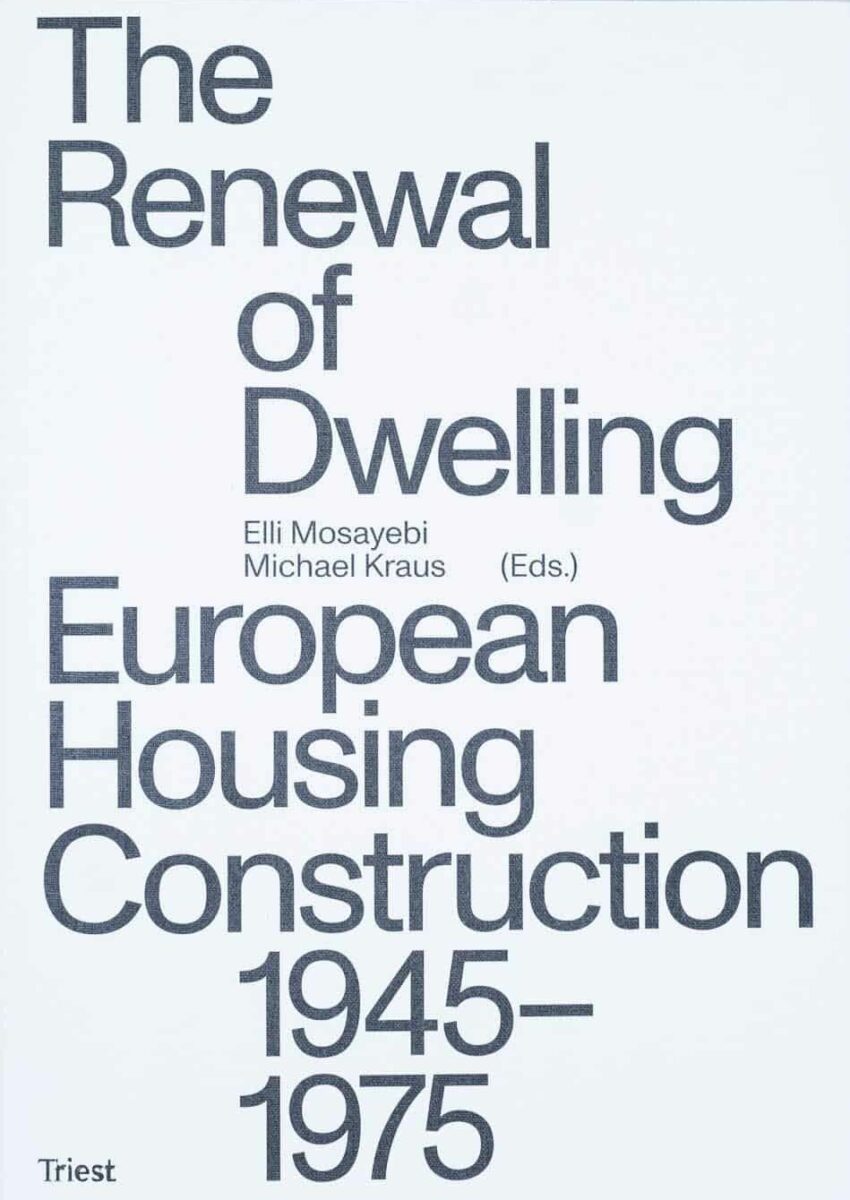
Dwelling is on the political and architectural agenda of every European country in response to the rise of private housing development investment which has dominated the free market in the last decades, transforming cities and creating a new form of housing crisis. The Renewal of Dwelling. European Housing Construction 1945-75 examines the foundations of this phenomenon through a study of the immediate post-war period through the lens of public policy.
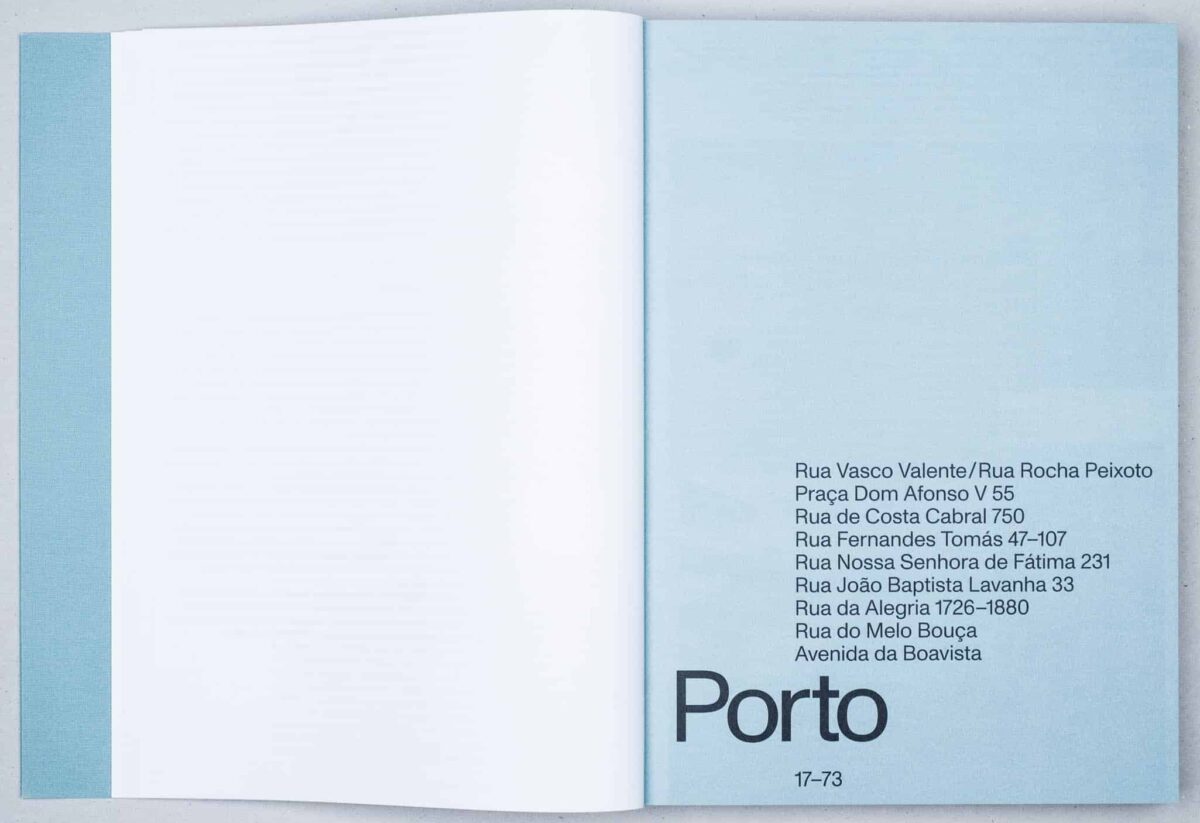
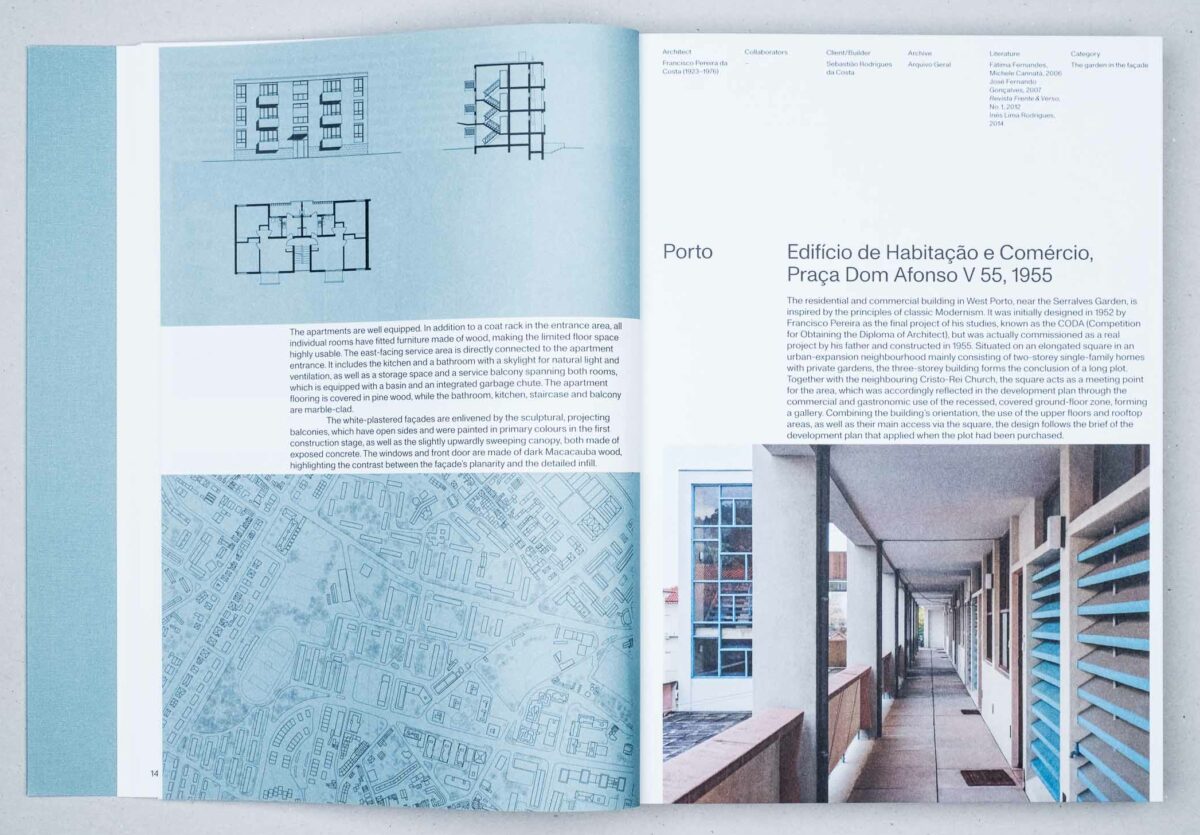
The book is presented as a catalogue of housing in ten cities that includes a total of 54 examples of settlements or buildings. The content is organised into seven chapters according to regional context. Each region is represented by seven to nine architectural examples and ends with an essay by a specialist historian or architect: Nuno Grande (Porto), Philippe Dufieux (Lyon), Jasper Cepl (Liverpool/Manchester), Sam Jacoby (Cologne), Valerio Massaro (Cologne), Irina Davidovici (Leeds/Sheffield), Anne-Kristine Kronborg (Oslo), Karin Serman (Zagreb), Jana Horvat (Zagreb) and Panayotis Tournikiotis (Athens). The cities or regions were chosen deliberately for their ‘second tier’ status; leaving behind other studied cases like Brussels, Frankfurt am Main, and St. Petersburg, possibly for a future publication. The gathering of these questions, and of the editors, students and professional researchers to this beautiful book is very refreshing. Although these cases are very interesting, particularly since they are usually overlooked, the question arises: why these cities and not others?
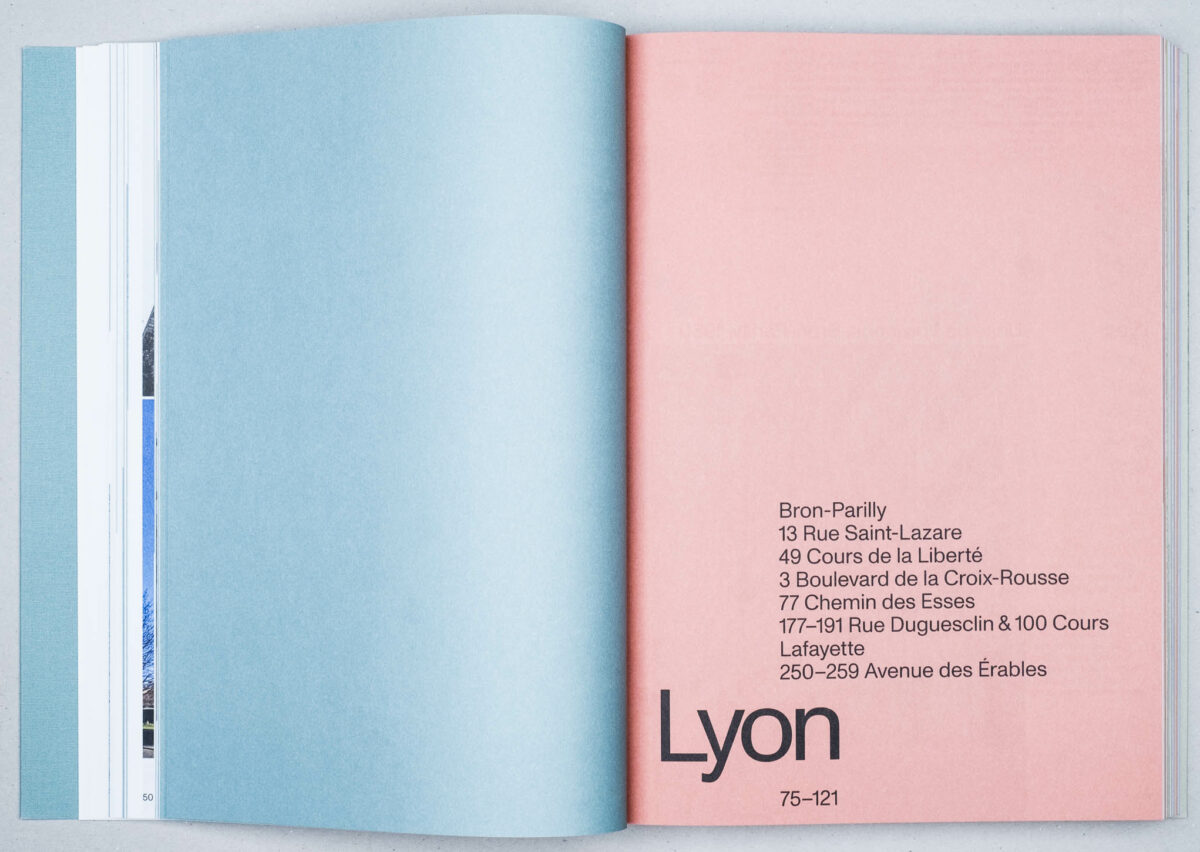
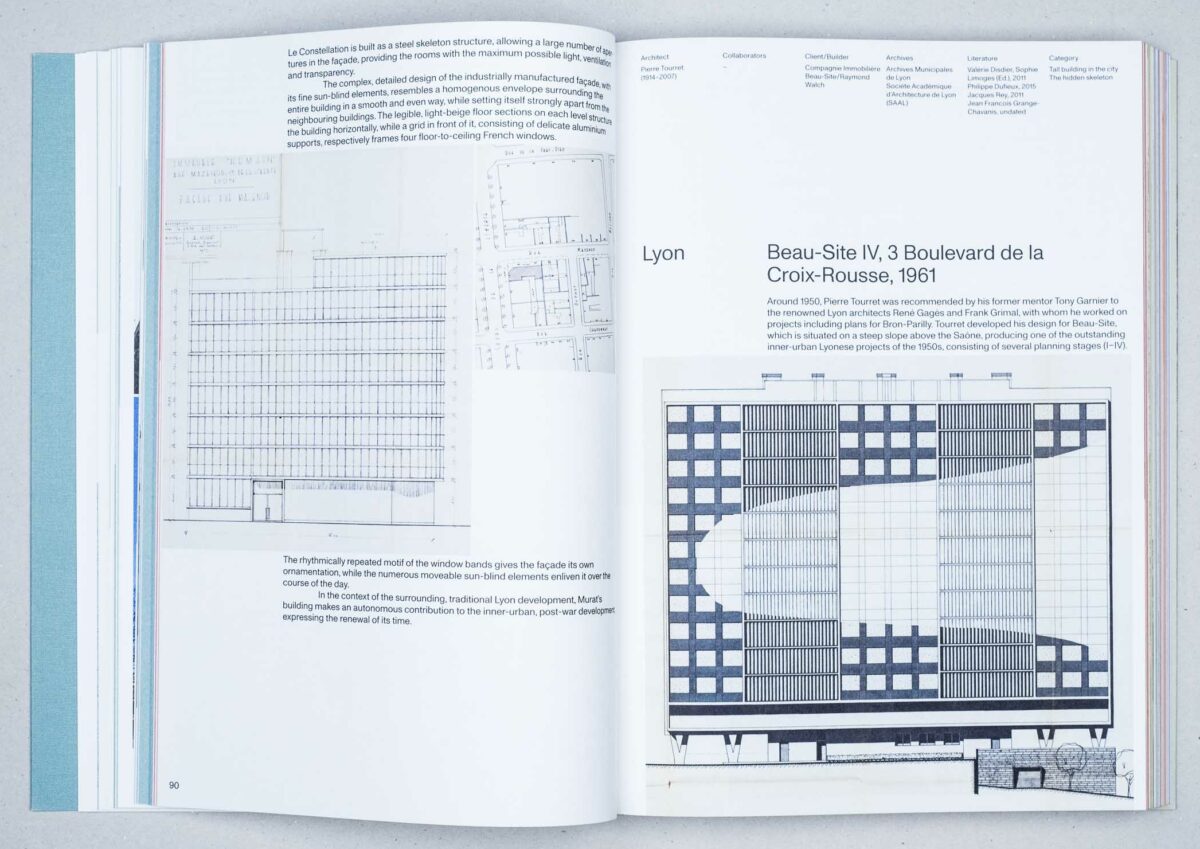
Each of the authored essays is written with the intention of exploring the ‘role of public policy as a moderator or funding body for housing projects in individual cities’. The public policy landscape becomes apparent through a range of archival documents, drawings, photographs, and texts from different sources. Interpretation of this body of evidence reveals the private spaces that result from public sector policies, disclosing the similarities, diversity and transformations enacted in renewal across a range of situations. Analysis centres on collective housing construction in a cross-border approach, which provides a common ground for an array of examples. A persistent theme is the threat of demolition faced by projects such as the Southgate Estate in Runcorn, UK, among others and one of the book’s stated purposes is to ‘contribute to correcting the widespread negative image of post-war Modern Architecture’.
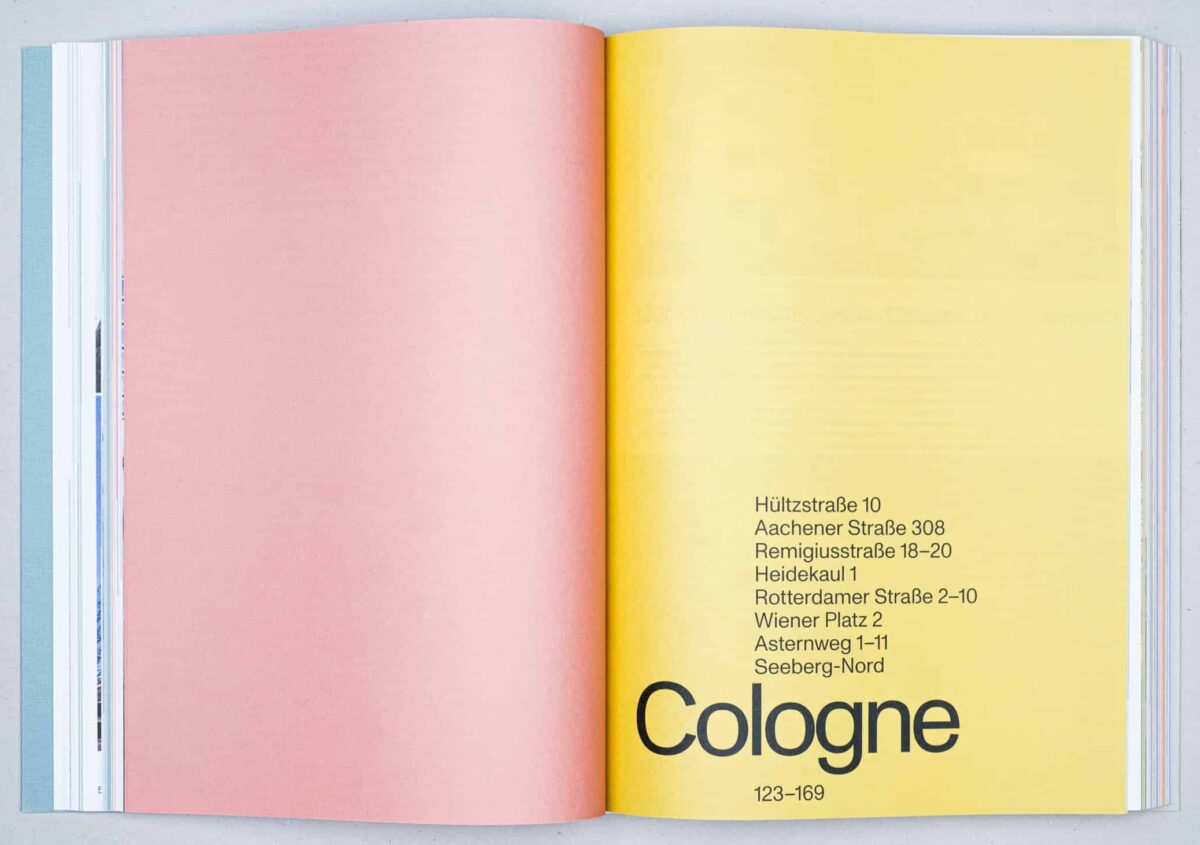
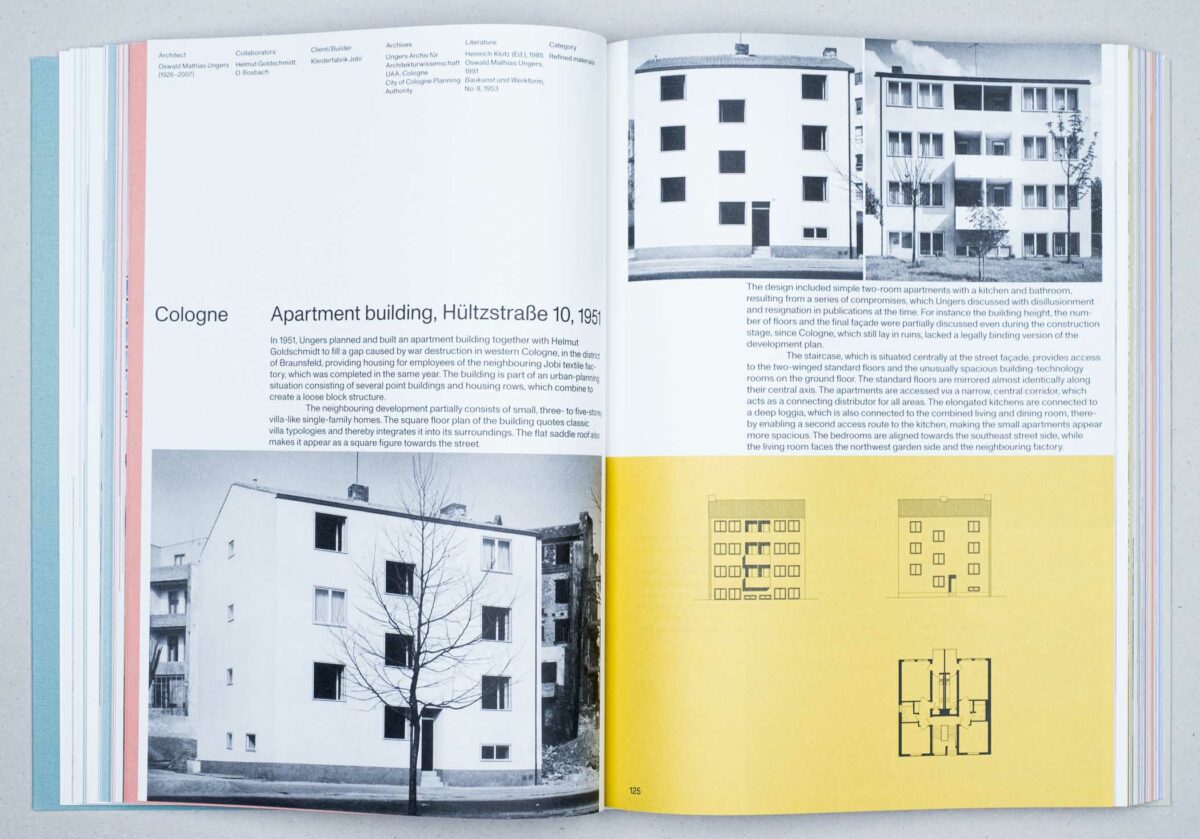
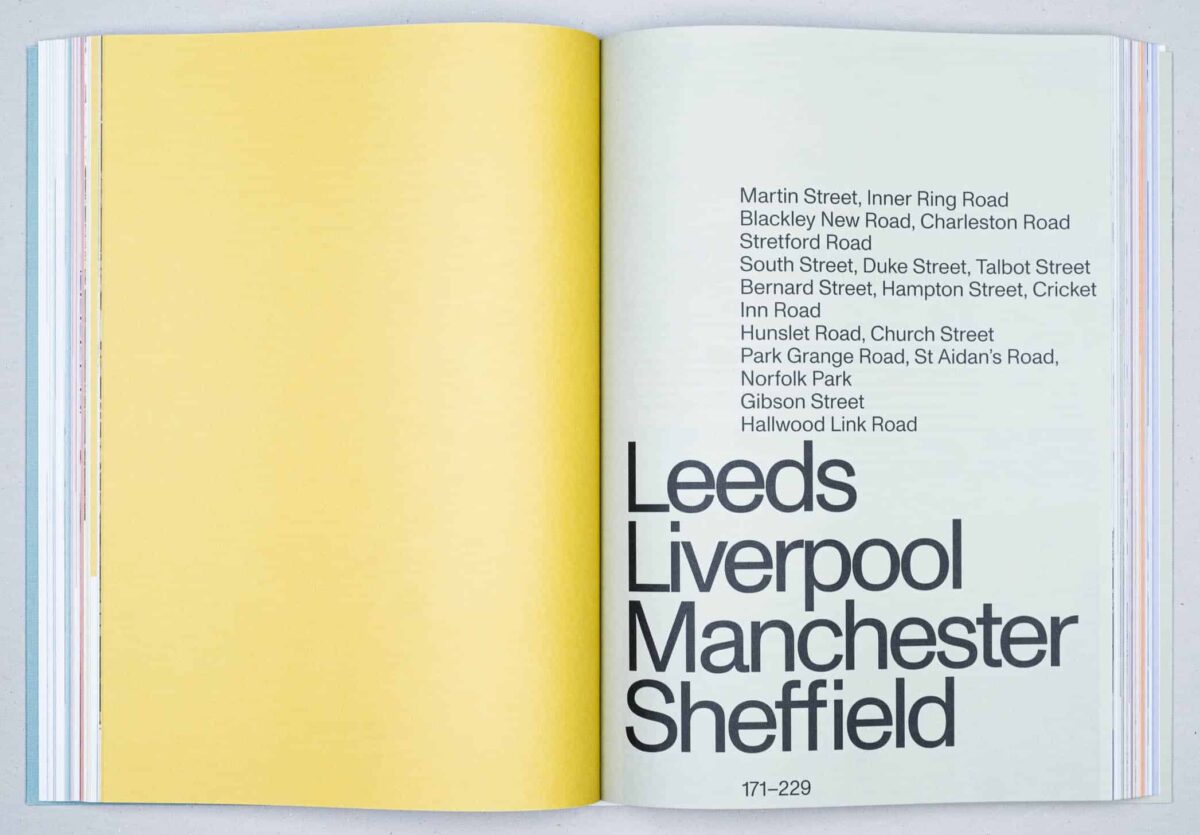
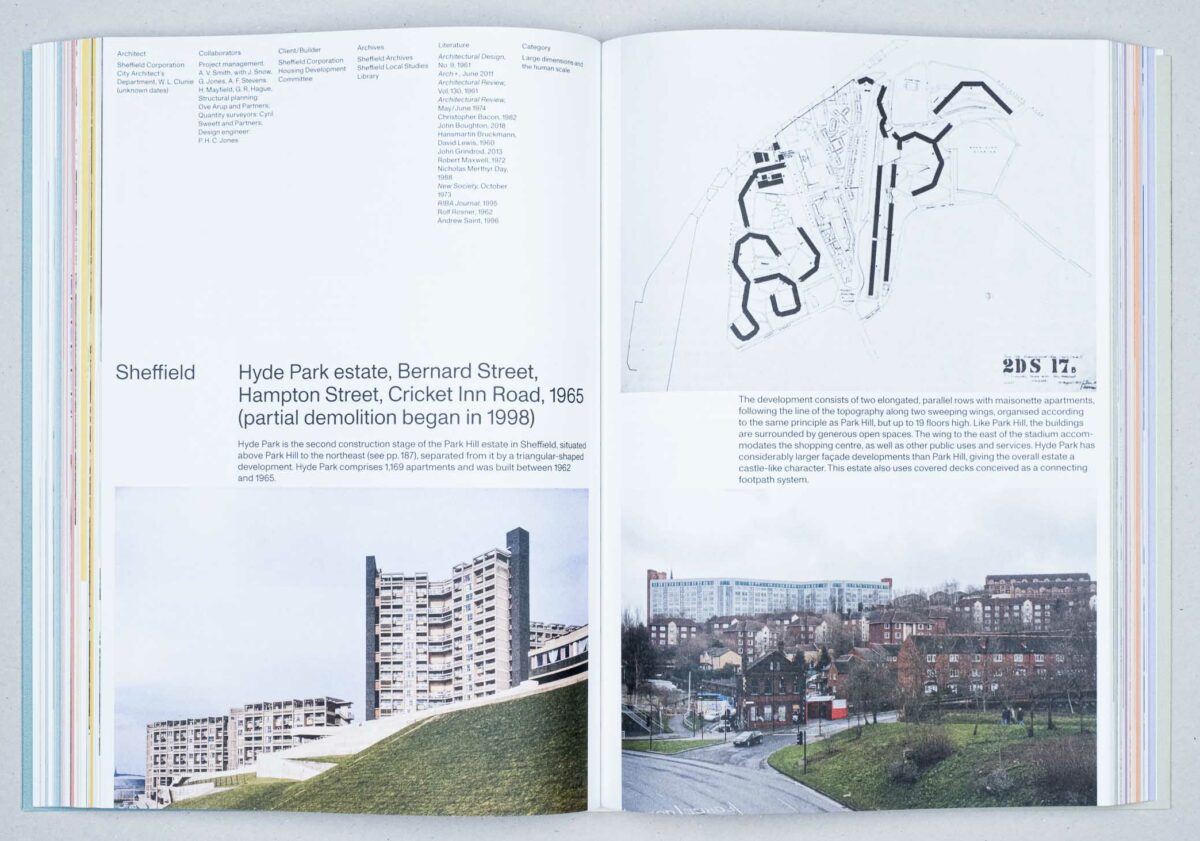
The thirty-year timeframe that the book covers begins immediately after the second world war, during which most existing provision for dwelling was built in European countries. This choice perfectly corresponds with Les Trente Glorieuses: the 30 years of economic growth defined by the post-war rebuilding of Europe. This period also correlates, however, with common historical, often stylistic, designations from the architectural canon such as modern architecture, modern movement, late modern, or international style. The more historical and contextual approach to the period taken by the editors, Eli Mosayebi and Michael Kraus, considers the political, social, and economic conditions of housing that underlie these formal definitions.
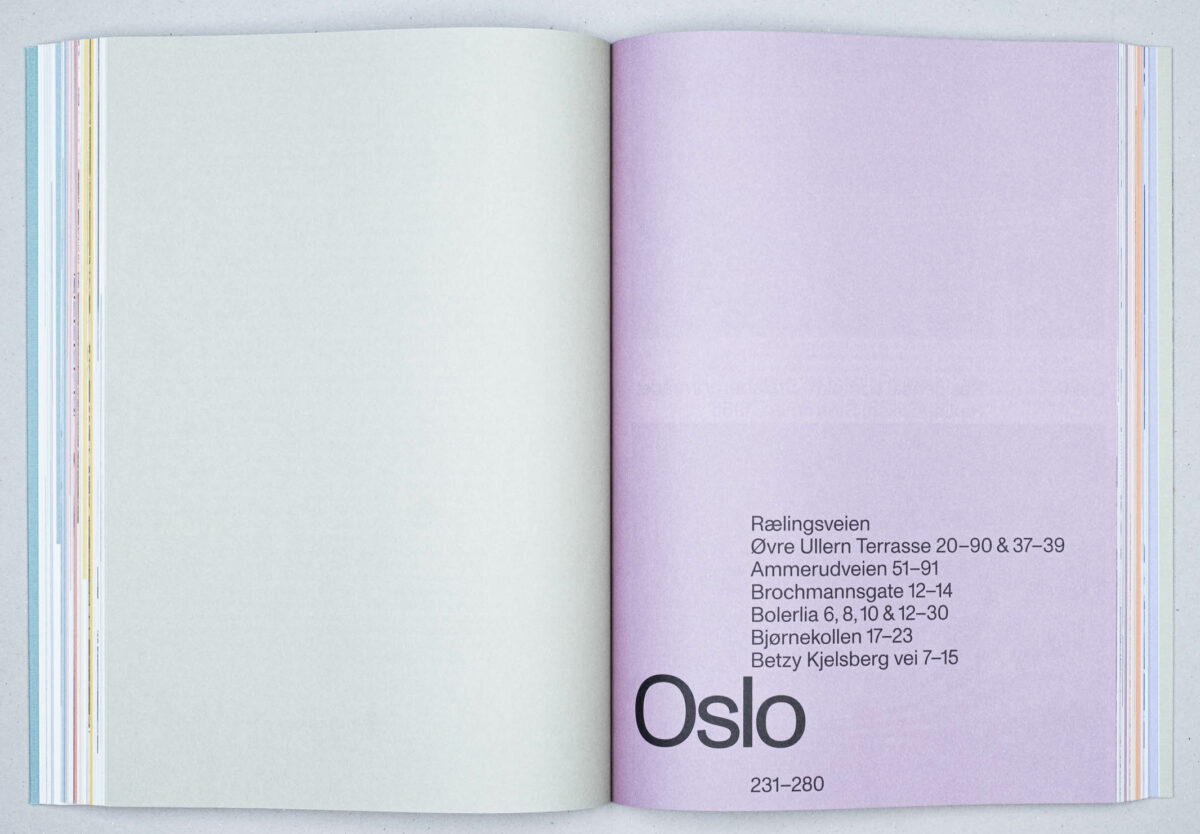
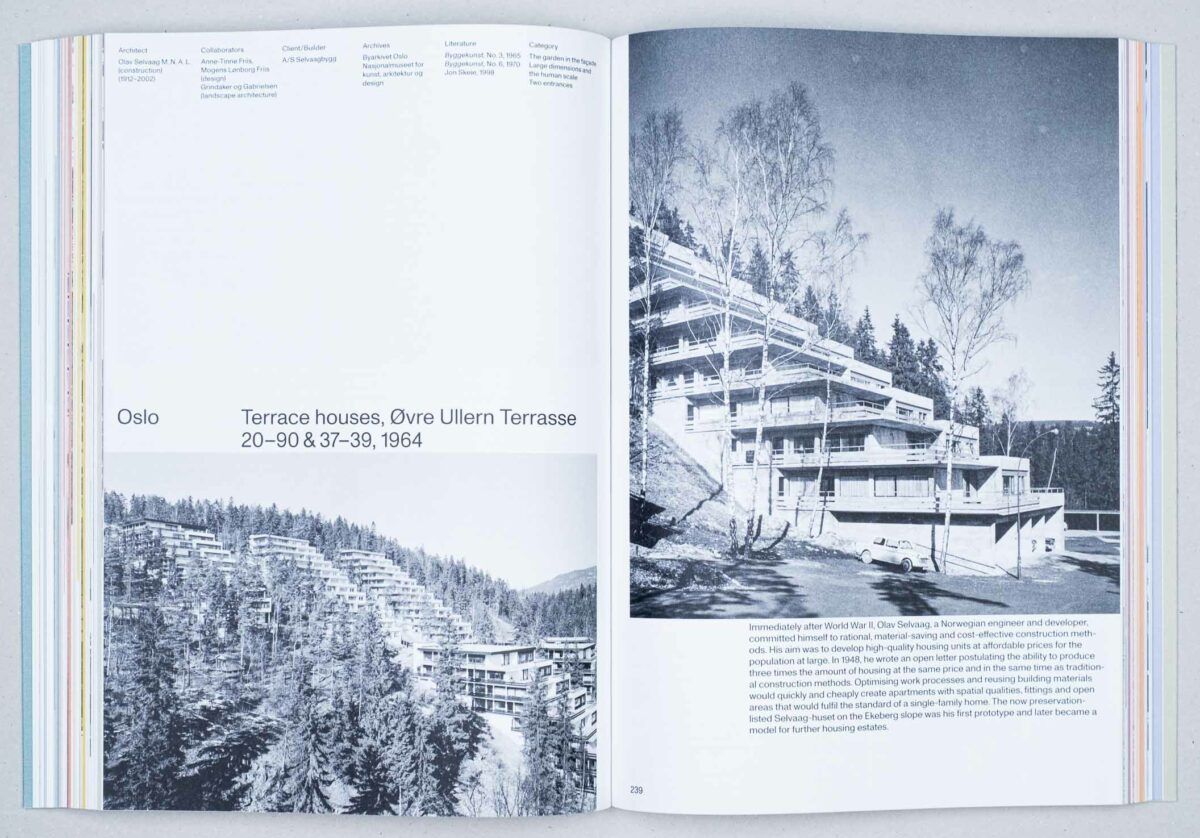
The research process leading to the publication of the book started with a design course at TU Darmstadt called ‘Housing in Europe’ taught in the chair of Moseyebi between 2012 and 2018. In 2016, Mosayebi organised an exhibition and conference at the German Architecture Museum (DAM), Frankfurt, the title of which was ‘The Renewal of Dwelling – European Housing Construction 1945-1975’. According to the book’s editors, Mosayebi and Kraus, who was a research assistant at Moseyebi’s chair in Darmstadt, the initial focus of research was on innovative apartment floor plans arising out of specific local conditions. The use of original drawings gave way to redrawn plans in order to ‘ensure better comparability between projects’ in providing ‘comparative floor-plan studies’. The effectiveness of this strategy is somewhat overshadowed, however, by the final editorial cut of the book.
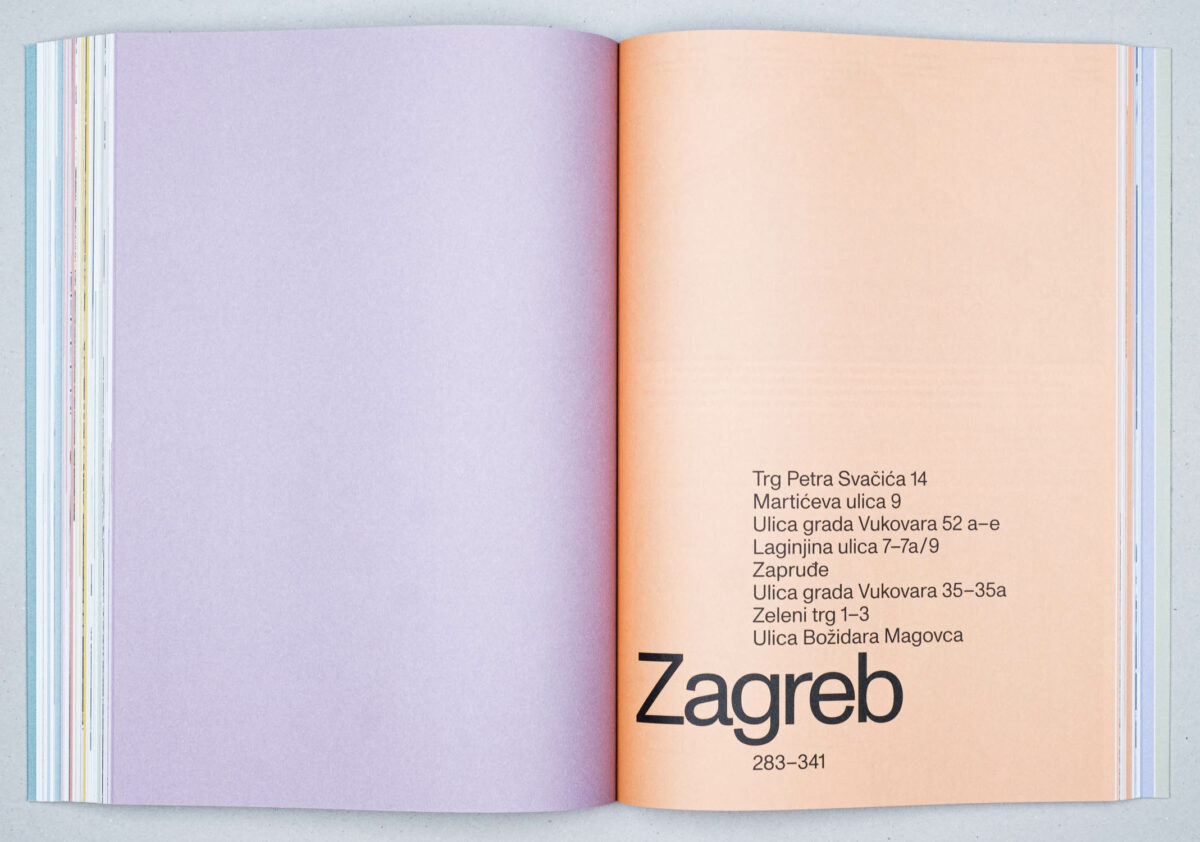
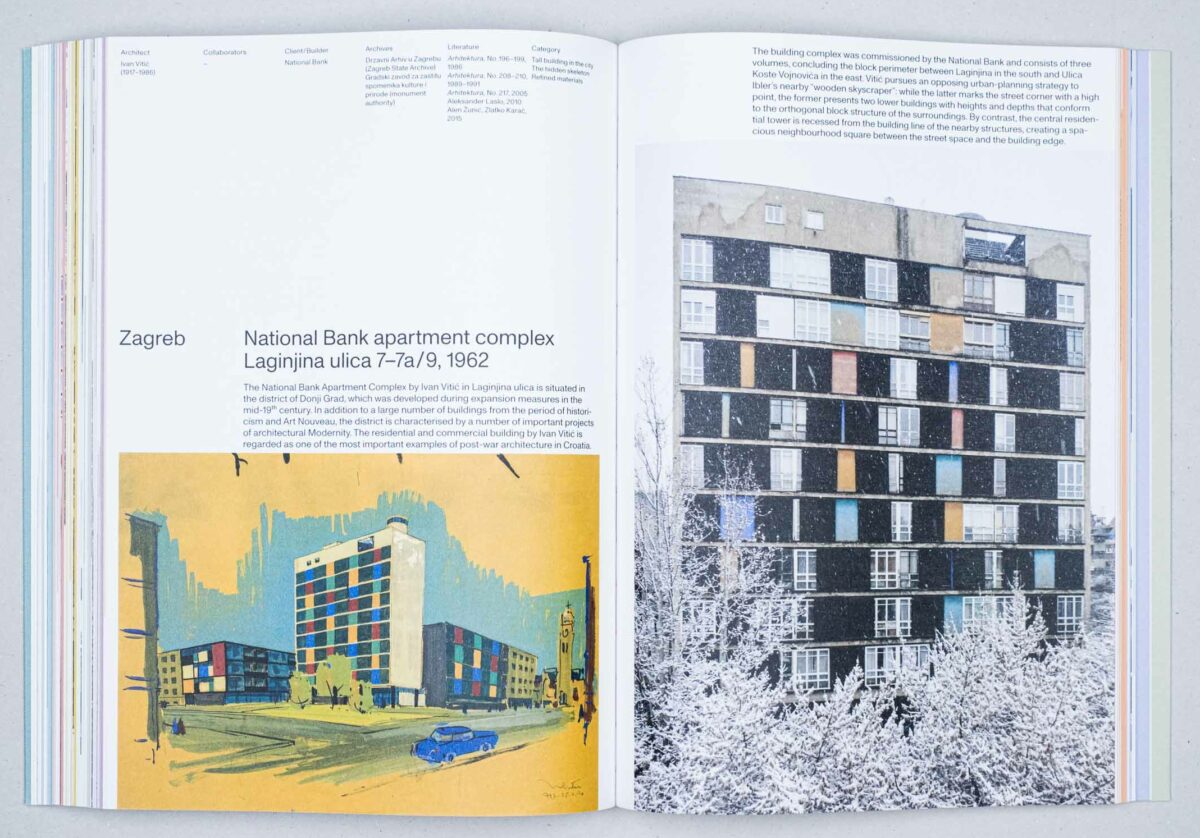
Although a first reading presents seven distinct geographical realities, the book ultimately works best as an open archive of case studies approached individually and randomly, that is, outside the explicit framework of the book. The editors themselves suggest a group of six thematic fields or categories for cross reading the collection of examples, which are: two entrances, the hidden skeleton, the garden in the facade, tall building in the city, large dimensions and the human scale, refined materials. These are difficult to read, complicated to understand and probably not essential to the whole investigation. Instead, an index would be helpful in organising and categorising the 54 examples.
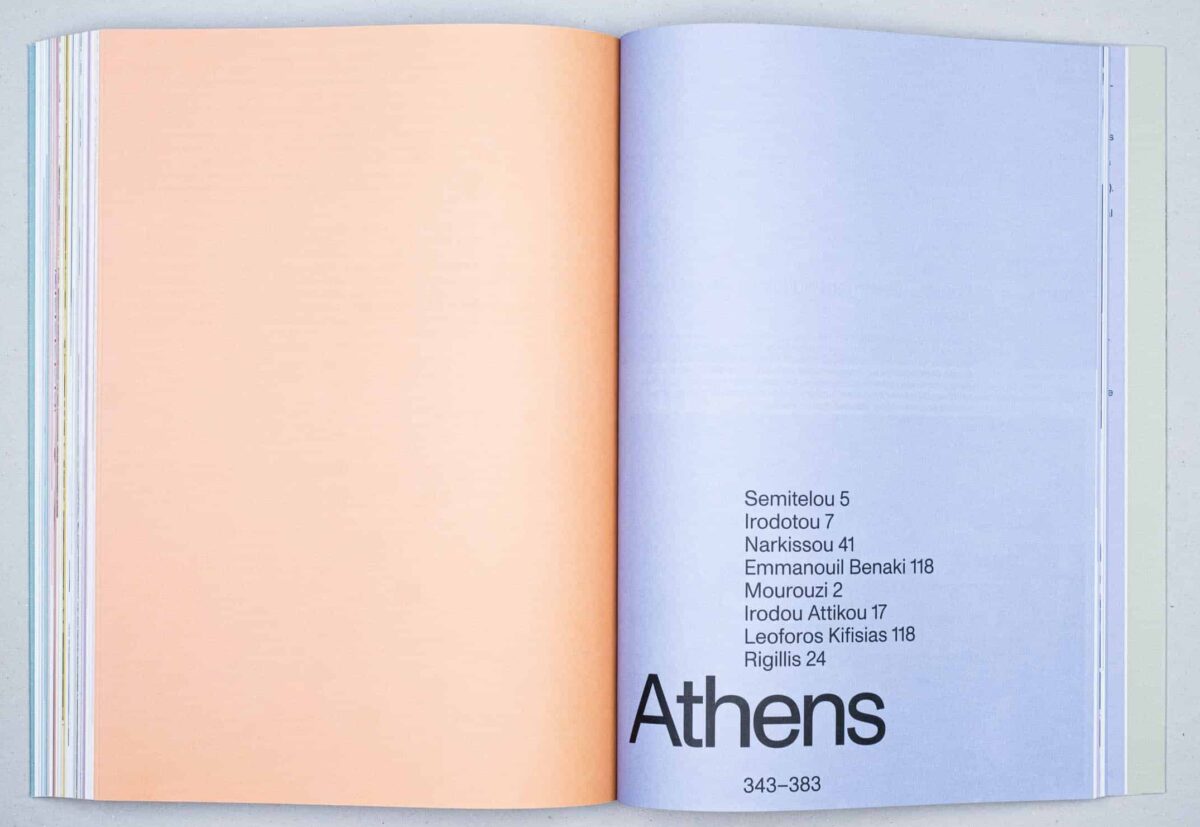
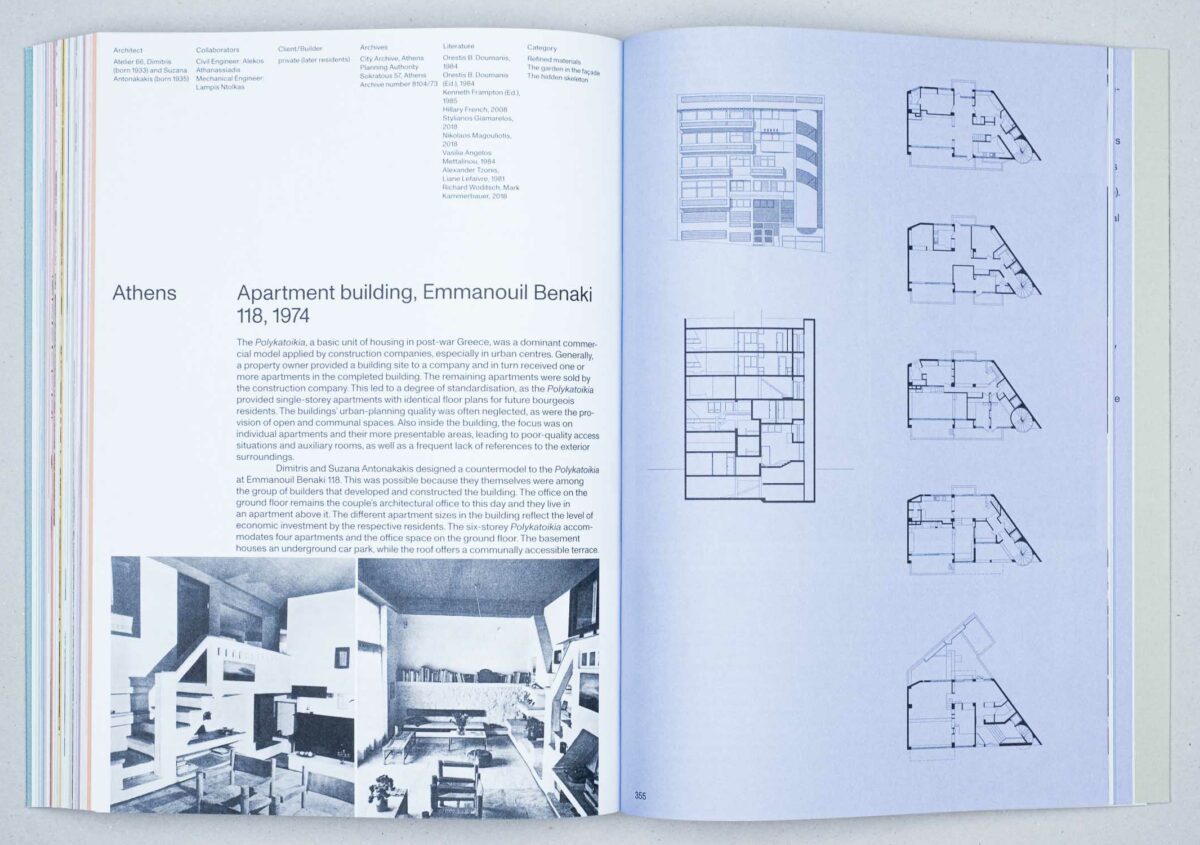
This research may be understood simply as engaging with dwelling, but a wider set of intentions is clear: to restore the reputation of post-war collective housing; to update historical perspectives on modern architecture; to expand typological and architectural knowledge; and to regenerate innovative options and concepts. The term ‘renewal’ is a very wise choice, as through this publication knowledge is renewed and expanded.
Elli Mosayebi and Michael Kraus, editors, The Renewal of Housing. European Housing Construction 1945-1975 is published by Triest Verlag. Copies of the book can be purchased here.
Rodrigo Lino Gaspar is an architect based in Lisbon.
